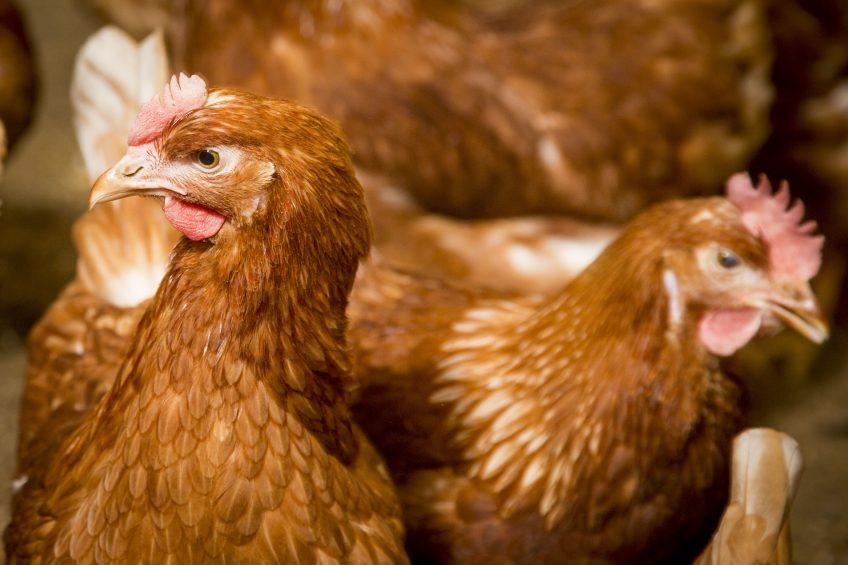IPC adopts position statement on antimicrobial usage

In a landmark decision, the International Poultry Council has adopted a position statement on the responsible and efficacious use of antimicrobials in global poultry production.
The statement sets a science-based course for the global poultry industry to follow that safeguards the efficacy of antimicrobial usage while at the same time addressing the issues of resistance, bird welfare, food safety, and concerns of consumers.
Antimicrobial resistance a global concern
“The IPC acknowledges antimicrobial resistance is a global concern and that the poultry industry must adopt management practices that reduce the use of those antimicrobials for which resistance could pose the greatest global risk,” said IPC president Jim Sumner. “We also should educate the public about these practices.”
Sumner said the statement encourages the global poultry sector to be proactive in its engagement with its stakeholders and “to implement practices that advance the ‘one health’ objectives that lead to healthy people, healthy animals, and a healthy planet.” Members of the IPC began discussions on a position statement on antimicrobials at the organisation’s second semester 2016 meeting in Portugal, and concluded work on the document at its most recent meeting in Cartagena, Colombia, in April.
Controlling antimicrobial use
“Stewardship in antimicrobial use is essential,” said Ricardo Santin of ABPA, the Brazilian Animal Protein Association. “As a sector, we must understand and control why and when we use antimicrobials, which antimicrobials we use, how much antimicrobials we use, and transparently communicate our actions.”
Santin said that the industry must set its priorities for antimicrobial use in order to strike a balance between reducing the need for these compounds and providing the best possible care for its animals.
Responsible use
The IPC also recognises the ethical obligation of farmers and their veterinarians to protect the health and welfare of the birds in their care, which may include the responsible use of antimicrobials. They emphasised that the poultry supply chain globally has a responsibility to ensure that it minimises the industry’s potential contribution to the development of antimicrobial resistance.
“We discussed and strongly recommend that all antimicrobials will only be used in compliance with national authorisations, and that those antimicrobials critically important for human medicine should be used for therapeutic purposes only and under a supervising veterinarian’s diagnosis and oversight,” said Prasert Anuchiracheeva, secretary general of the Thai Broiler Processing Exporters Association.
Engage intergovernmental organisations
Sumner said that the IPC and its members will actively engage with intergovernmental organisations, with governments, and with stakeholders to help shape public policy to address antimicrobial resistance.
“We look forward to working with World Organization for Animal Health (OIE), the Food and Agriculture Organization of the UN, the World Health Organization, and the Codex Alimentarius Commission to ensure that we collaboratively address the need to use all antimicrobials responsibly, and only when needed,” he said.













